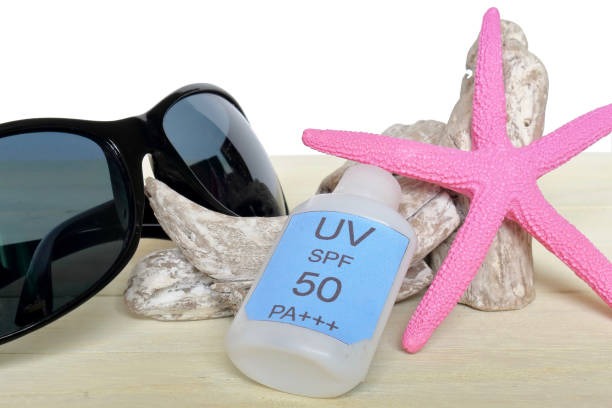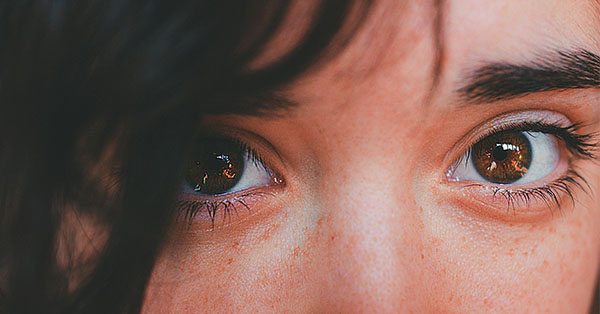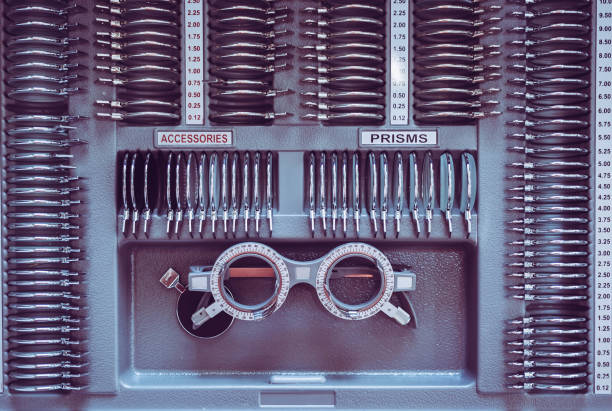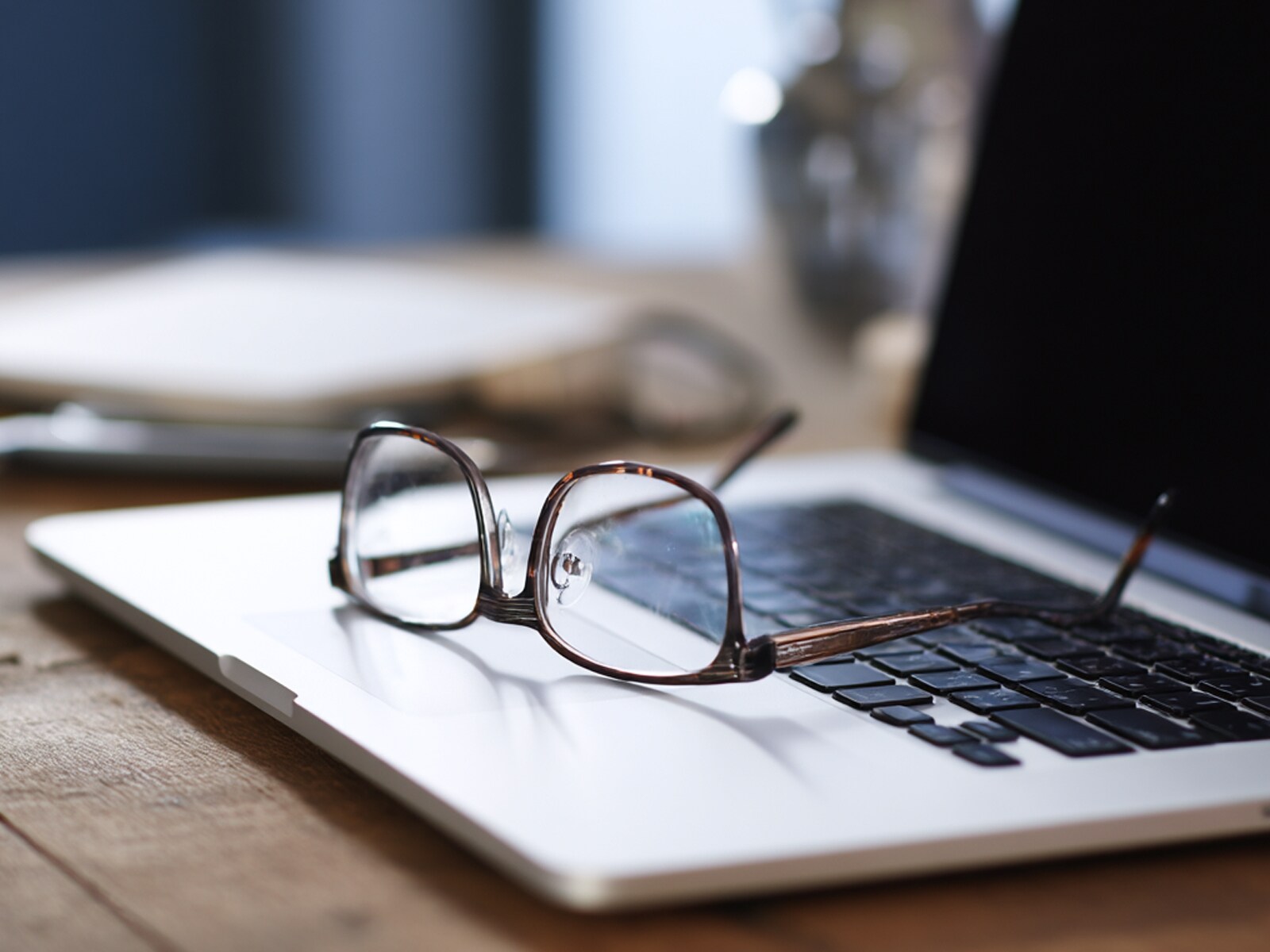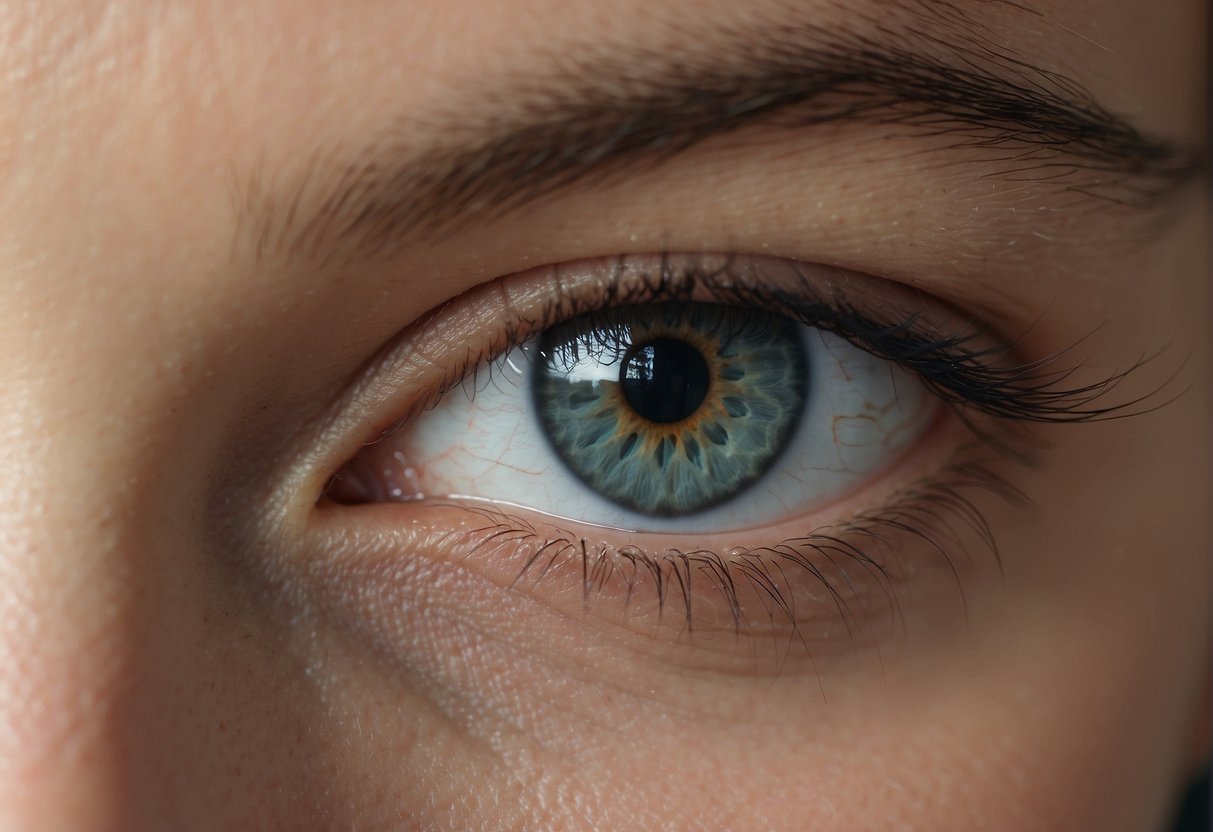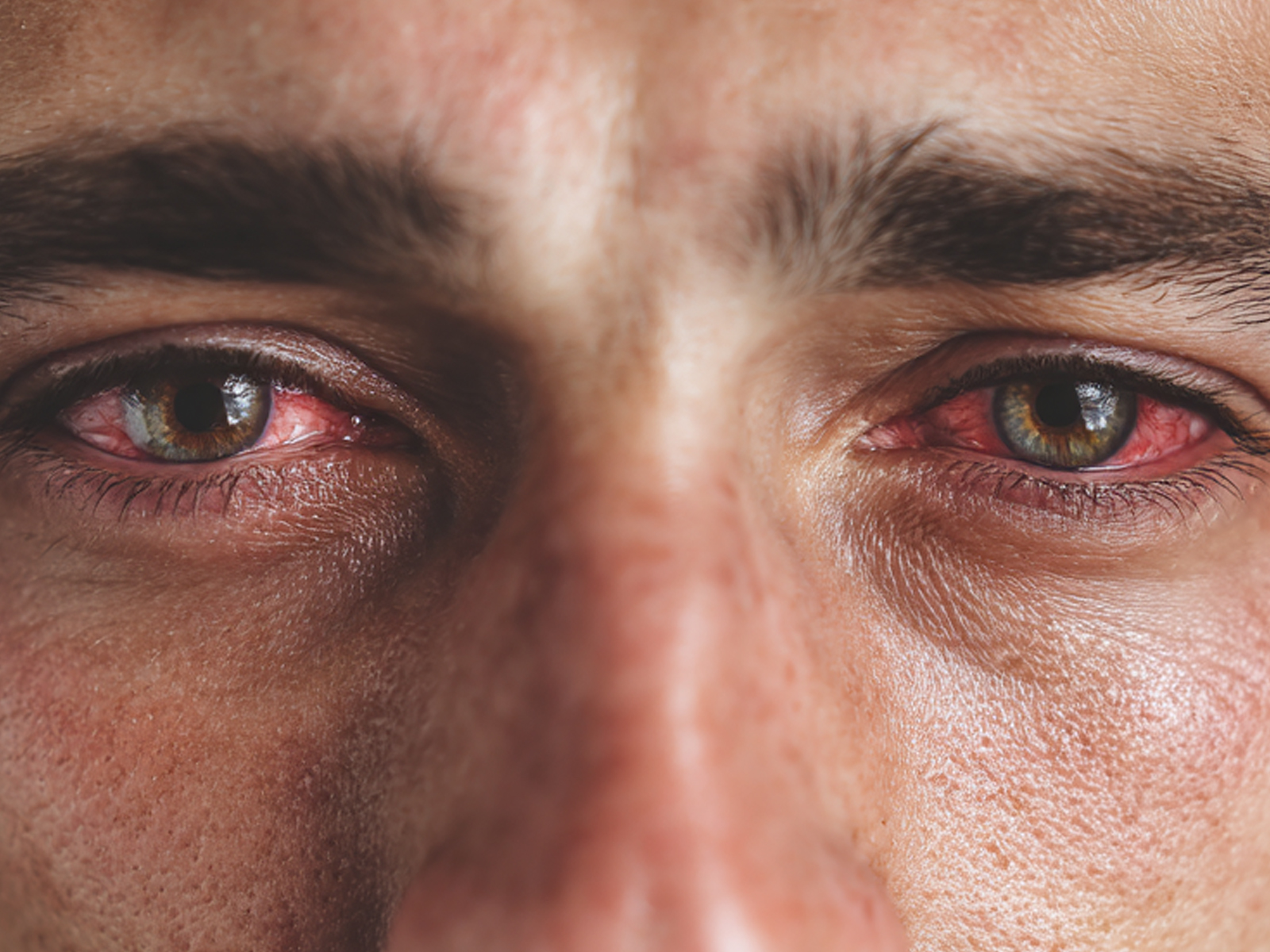
What Glasses Suit My Face? Best Frames for Your Face
February 27,2023

What is Boho Style? A Comprehensive Guide to Boho-Chic Fashion
February 13,2025

Virtual Glasses Try On - Find Your Perfect Pair Online
April 02,2024

UV Protection Glasses VS. Blue Light Glasses - Vooglam
July 20,2023

Newest Style Modern Trendy Mens Glasses | Vooglam
March 01,2024

Stylish Reading Glasses: Blending Fashion with Functionality
February 16,2023

What are photochromic lenses & glasses?
September 22,2023

Brown Eyes: The Beauty of the Most Common Hue
September 01,2024

The chubby face glasses for round face female
August 02,2023

What are prisms in eyeglasses?
March 20,2023

What are Bifocal Lenses? - Vooglam
April 14,2023

How to Read Your Eyeglass Prescription?
March 11,2023
Photophobia: What should we do when our eyes are "afraid of light"?
Have you ever encountered such a situation: when you are in a bright place, your eyes are particularly uncomfortable, or even a little stinging? Or you can't help squinting and crying in the sun or strong light? This is actually "photophobia" - medically called photosensitivity. It is not just as simple as feeling that the light is dazzling, but a symptom that makes people feel obvious discomfort and even affects their lives.

In fact, photophobia is not an independent disease, but the body reminds you that there may be other health problems that need attention. Understanding the manifestations, causes and coping methods of photophobia can help us better protect our eyes and make life more comfortable.
What are the common symptoms of photophobia?
People who are afraid of light usually squint and close their eyes instinctively in bright environments to try to reduce discomfort. This sensitivity is far more serious than the "a little dazzling" that ordinary people feel, and they may feel uncomfortable even under ordinary indoor lights. Common symptoms include:

Eye fatigue and soreness
- Headache or migraine, especially in strong light
- Eye pain, tearing, sometimes a lot of tears
- Particularly sensitive to flickering lights and sunlight, which may even affect work, study and social interaction in severe cases
These symptoms will make people subconsciously avoid bright environments and affect daily life.
Why does photophobia occur?
There are many reasons for photophobia, which can be roughly divided into the following categories:
- Migraine: This is one of the most common reasons. Many migraine patients are particularly sensitive to light, and even a little light can make the headache worse.
- Eye diseases: For example, uveitis, dry eyes, corneal abrasions, etc., will make the surface of the eye more fragile and more sensitive to light.
- Eye color: People with light-colored eyes (such as blue and green) have less pigment in the iris, and their natural protection against strong light is weaker, making them more afraid of light.
- Drugs or chemicals: Some drugs can affect the nervous system or irritate the eyes, and may also make people more afraid of light.
- Overuse of eyes: Staring at electronic screens such as mobile phones and computers for a long time, blue light stimulation will increase the burden on the eyes and cause photophobia.
The reasons for each person may be different, and only by finding the root cause can we treat the symptoms.
How to diagnose photophobia?
If you find that you are becoming more and more afraid of light, it is best to go to the ophthalmology or neurology department for a comprehensive examination. The doctor will ask you in detail about your symptoms, the time of onset, the accompanying headaches or other medical history, and do an eye health examination, such as whether there is inflammation on the ocular surface and whether the cornea is damaged.
Sometimes, blood or neurological examinations are also required to rule out some systemic or neurological diseases.
If the symptoms of photophobia are very severe, or accompanied by changes in vision, severe headaches, physical weakness, etc., you must see a doctor as soon as possible.

How to relieve and manage photophobia?
To effectively relieve photophobia, comprehensive management is usually required, including lifestyle adjustments and necessary medical interventions:
Wear protective glasses: Wearing tinted or polarized sunglasses when going out can effectively reduce the stimulation of strong light and glare.
- Anti-blue light glasses: When using computers and mobile phones for a long time, it is recommended to wear anti-blue light glasses to reduce the damage to the eyes caused by electronic screens. Vooglam has many fashionable and practical anti-blue light glasses to choose from.
- Drug treatment: If the photophobia is caused by inflammation, dry eyes, etc., the doctor may prescribe some eye drops or other drugs to treat the root cause.
- Improve the environment: Use soft lighting at home and in the office to avoid direct or glaring light. Wear a hat or sun hat to protect your eyes if necessary.
- Pay attention to rest: Give your eyes a "break" frequently, leave the screen every once in a while, look into the distance or close your eyes to rest for a few minutes.
- Stay hydrated: Drink more water to keep your eyes moist, which can also help relieve discomfort.
When do you need to see a doctor immediately?
If your photophobia suddenly worsens, or is accompanied by symptoms such as decreased vision, severe headache, nausea, and physical weakness, be sure to go to the hospital for examination as soon as possible. Because some serious eye diseases or neurological diseases will also use photophobia as a signal, you can't be careless.
Summary: Photophobia is not terrible, scientific management is important
Although photophobia can bring inconvenience to life, as long as it is discovered in time and managed reasonably, most people can regain a comfortable visual experience. Wearing suitable protective glasses, such as Vooglam's anti-blue light lenses, is a good helper to protect your eyes.
Remember, get regular eye exams, pay attention to changes in your body, and seek medical attention promptly if you experience new symptoms, so you can keep your eyes healthy and live a more comfortable life.

Vooglam Blog
Vooglam blog shares professional knowledge about eyeglass frames, lenses, etc., and provides help when purchasing and using eyewear products. At the same time, Vooglam focuses on fashion glasses to interpret the trend of glasses for you.

What Kind of Glasses Are Best for Computers? A Complete Guide to Eye Comfort and Digital Clarity
The Problem - Digital Eye Strain (Computer Vision Syndrome)Staring at screens all day shouldn't feel like a workout for your eyes, but here we are. If you're wondering what kind of glasses are best fo
June 05,2025
Contacts vs Glasses: Ultimate Guide to Clearer Vision & Lifestyle Fit
If you don’t have a good vision, you know how tough it can be to choose between contacts and glasses. The debate is constant, but in the end, it boils down to one's vision clarity and the method that
May 31,2025
Grey Eyes: Unveiling the Mysteries of a Rare Eye Color
Diversity of Eye Color People are found with eyes of different colors and hues, which serves as an identity to a person. Tones detected worldwide vary, starting from the very popular brown to bl
May 30,2025
Understanding Pink Eye: What It Is, How to Treat It?
Pink eye—also called conjunctivitis—is something most of us have probably heard of or even experienced at some point. It’s that annoying eye condition that makes your eye look red or pink and feel irr
May 30,2025














